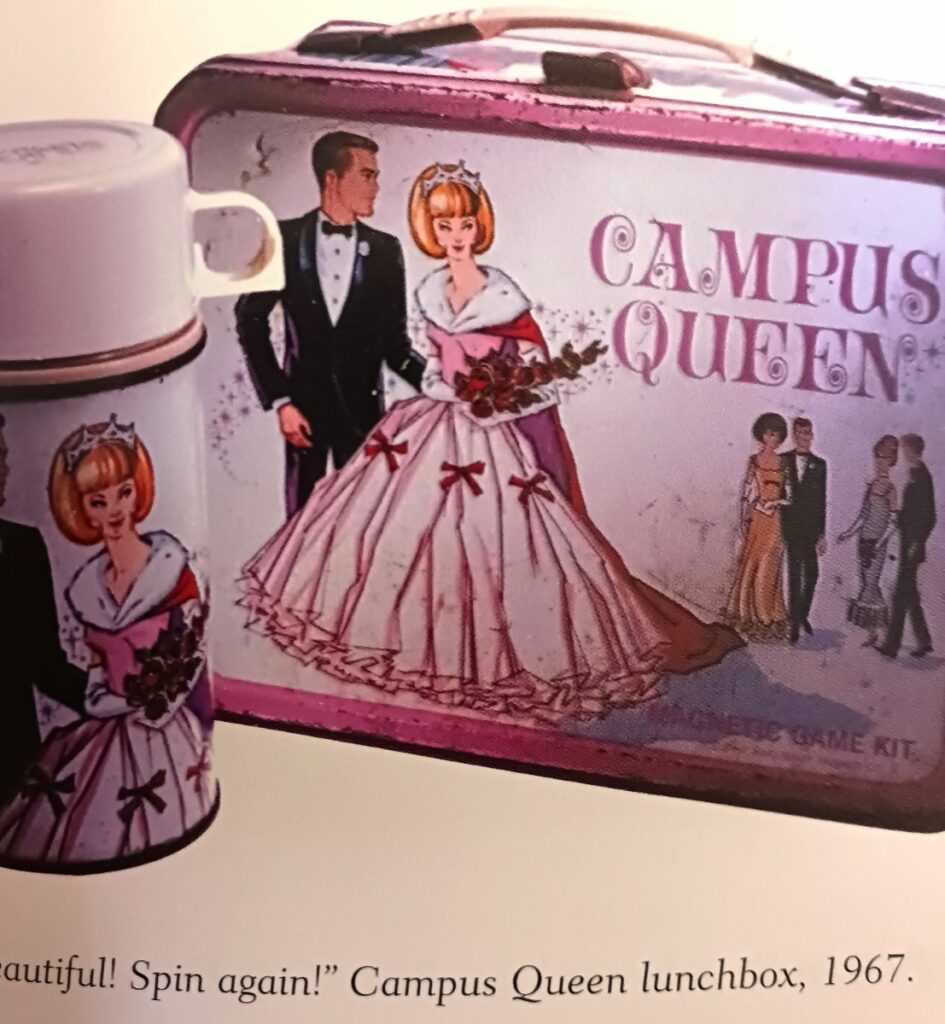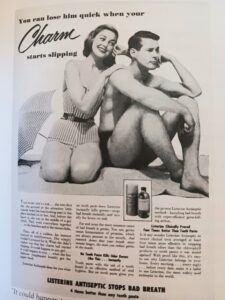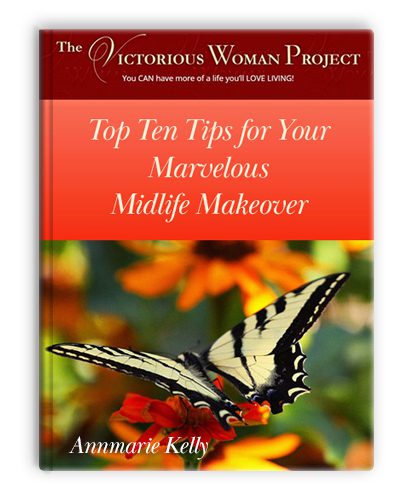
Happy Women’s History Month!
Sometimes I think we forget how women fought for greater equality, not just personally and at work, but also in marriage. As I’ve been watching Women’s History Month commercials and morning show segments highlighting women’s achievements, I’ve been thinking about Pink Think.
Pink Think, as described by Lynn Peril in her book of the same name, is the historical groupthink about women that decided and dictated “a set of ideas and attitudes about what constitutes proper female behavior.” Peril documents what women were told it took to be a woman in pre-feminist times, and how stealthily it was done.
A Woman’s Role

For example, in 1961, readers of the very popular Ladies Home Journal were told that sex started with intercourse and ended with childbirth. Using birth control was anti-woman because it deprived a woman of “her own creativity, her own sexual role, her very femininity.” Sounds archaic now, but just fifty years ago, it was popular thinking. That’s when many of us Victory Chicks were just coming up and about to enter, or already entered, puberty.
If you ever wondered how Don Draper and Mad Men got their male-dominated permissions, it’s from publications like “Always Ask a Man”. That was the title of a beauty guide in which women were told never to wear pants, because men didn’t like it. And always wear lipstick to bed, in a shade that matched your pale pink sheets. Most importantly, “NEVER upstage a man.”
Even as late as the 1970’s, women couldn’t get credit in their own name. When Victorious Woman Maureen Ingelsby, and her five children under age nine, were abandoned by her spouse, she couldn’t even get utilities. She had to get a co-signer just to keep the heat and lights on in her house.
Doesn’t it make you wonder how any woman ever got a shot at any form of equality? How did a woman ever become a doctor, lawyer, or CEO with her own corner office?
That’s because they – and you and me – changed our thinking and demanded more and better. And our children and grandchildren are our beneficiaries.
Women and Work
In 1950, most brides were under or around the age of 21 and were virgins. “Old maid” was who you were by twenty-five.
If you had a job and were single. you weren’t considered for a promotion because you were going to get married, pregnant and leave the company. When you got engaged, you typically left the workplace before the wedding or, at the latest, when you got pregnant.
Married women working outside the home were frowned on by most people – unless a woman had to, then she was pitied.
Or disrespected, as was Jean Otte, the founder of the Women Unlimited organization. I interviewed her for my first book, Victorious Woman. She told me that. as a young mother who was getting ready to leave her alcoholic spouse, she decided to go back into the workplace. She was actually asked what kind of birth control she was using. Nobody wanted to hire a woman who might lose time from the job for morning sickness or anything pregnancy-related.
Women and Marriage

In the home, men ruled the roost, and it was the woman’s job, along with cooking, cleaning, and childcare to make the home a man’s castle. Those women could have used The Five-Year Marriage® because, as one woman told me, “When I got married (at twenty), I was too young to know what I wanted. By the time I was twenty-five, I did know, and said so. He didn’t like it. I still loved him, but we got divorced.” She believes a five-year renegotiation of their agreements would have saved the marriage.
Now, a generation or two later, marriage is on the decline because women don’t want or need what the traditional marriage model gives them. Today’s woman is the boss babe. She can be single and pregnant, is proud to show her baby bump, and often works up to her delivery date so she can save her maternity leave for when the baby is here.
You in Women’s History
After hundreds of generations with minimal change, the last half-century gave us many changes and so much progress. And we have ourselves to thank!
This month, as you remember prominent women in history, it’s worth taking a look at your own history. What did you do that was a step forward…for you personally, or in your family or social set, or in society?
That’s worth remembering this month and celebrating.
Here’s to your history, Victorious Woman!
With love and in victory,
Annmarie


















